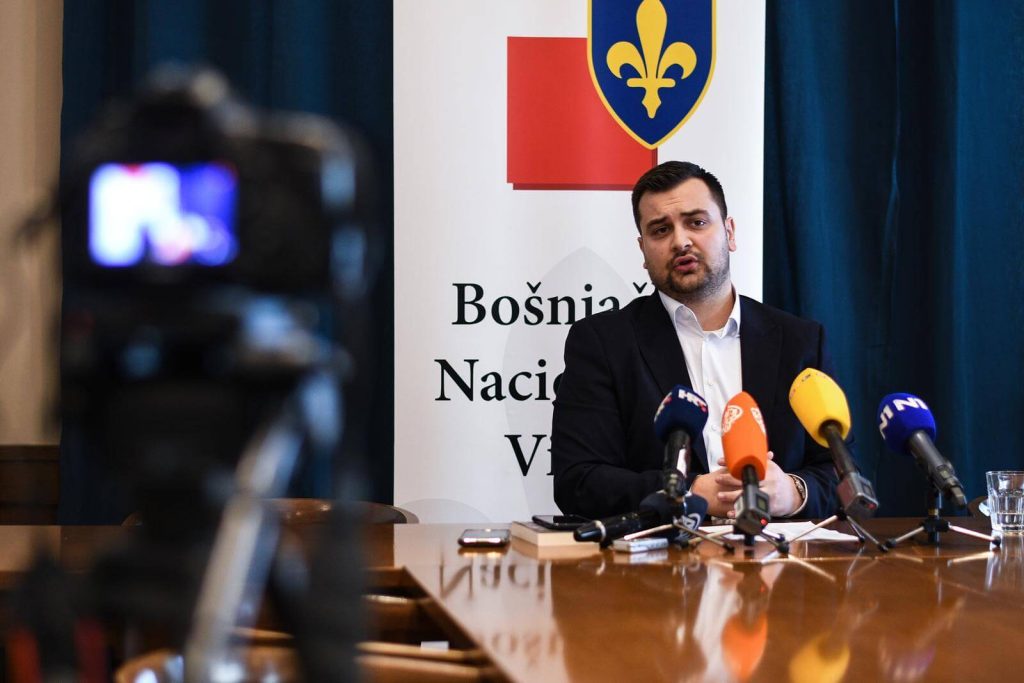“This kind of bargaining with genocide remembrance … is unacceptable regardless of which side it comes from. Milanović has crossed the red line,” Hodžić told a press conference in Zagreb.
Hodžić criticised Milanović for downplaying the scale of the genocide, committed by Bosnian Serb forces against Bosnian Muslims in the Srebrenica area of eastern Bosnia during the war in July 1995.
Hodžić said it was unacceptable that Milanović referred to the genocide as “a grave crime with elements of genocide”, especially after international courts described it as an act of genocide.
Milanović downplayed the court judgments by saying that no court is the Holy Scripture, Hodžić said, wondering what sort of message that was to Croatian citizens.
Hodžić said that the most appalling part of Milanović’s statement was that “not all victims are the same.” Does that mean that Catholic or Muslim victims are more or less worthy than other victims? he wondered.
Hodžić recalled that 8,500 civilians had been killed in Srebrenica over a period of three days and that 1,200 were still unaccounted for. “There has been no such rhetoric in Croatia until now. It seems that we have entered a new dimension,” he said, stressing that “no one, least of all people in high office such as the President of the Republic, should go below certain civilisational values.”
Hodžić said that the continuity of Milanović’s public statements showed his prejudice against Bosniaks. “That’s a kind of organic primitivism. He regards Bosniaks as people who are only fit to work on building sites and make ćevapi (grilled minced-meat fingers). His view that the victims of the Srebrenica genocide are less worthy than the victims of some other genocides and war crimes is based on that kind of attitude.”
He said that the purpose of such statements by Milanović was to win over Bosnian Serb leader Milorad Dodik “so that he would not stand in the way of amending the electoral law or achieving any other political goals in Bosnia and Herzegovina.”
“Milanović is Dodik’s closest pal today,” Hodžić said.
Speaking of Croatia’s policy towards Bosnia and Herzegovina, he said that it was “under the excessive influence” of Bosnian Croat politicians from Mostar.
For more on politics, follow TCN’s dedicated page.
For more about Croatia, CLICK HERE.









